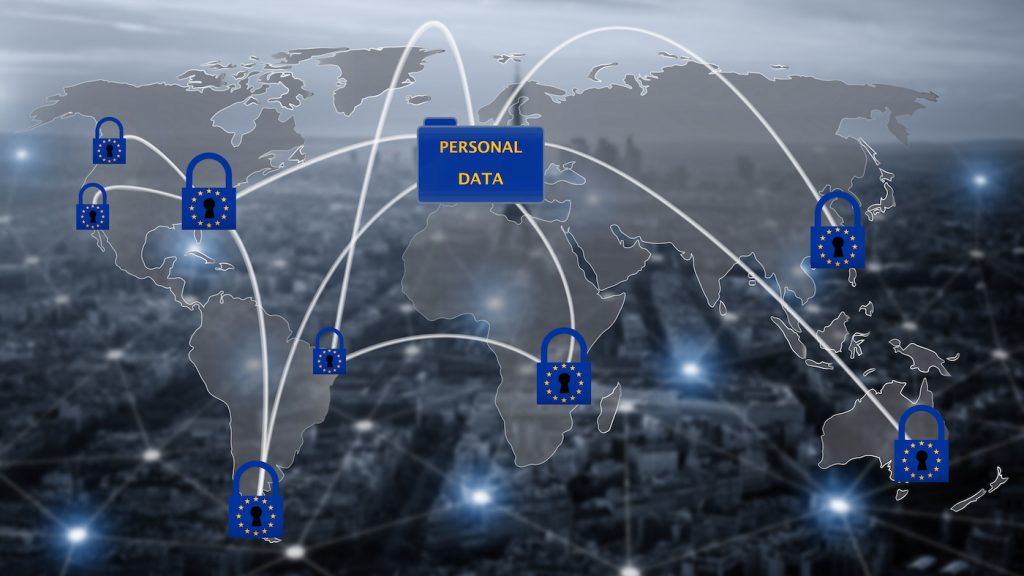
The transfer of personal data outside of Vietnam involves strict legal procedures to ensure compliance with regulations and the protection of individual rights. This document outlines the essential legal considerations and requirements for organizations intending to transfer personal data internationally.
1. Transfer of Personal Data for Permissible Purposes
Personal data may only be collected, processed, and transferred abroad for legitimate purposes. These purposes include, but are not limited to, advanced data analytics, AI model training, customer service enhancement, or other lawful objectives as agreed upon by the parties involved. In addition to adhering to legal regulations, the purpose of transferring personal data must be explicitly agreed upon by the data subject in electronic form or in a verifiable format that can be printed or copied in writing.
The transfer of personal data may occur through two methods: (i) directly by organizations, businesses, or individuals in Vietnam to foreign enterprises or management bodies for processing, or (ii) through automated systems located outside of Vietnam.
Personal data encompasses all identifiable information, both direct (such as name, date of birth, ID number, passport) and indirect (such as service usage behavior, location data, health data, financial information). According to Decree No. 13/2023/ND-CP, personal data is classified into basic personal data and sensitive personal data based on its potential impact on the data subject.
Entities permitted to transfer personal data abroad include the Data Controller, Data Processor, and relevant third parties as stipulated by law.
2. Legal Procedures for Transferring Personal Data
As stipulated in Article 25 of Decree No. 13/2023/ND-CP, the transfer of Vietnamese citizens’ personal data outside the country must meet specific conditions and comply with all legal procedures.
Impact Assessment for Data Transfer
Organizations must prepare an impact assessment report regarding the transfer of personal data, following a prescribed format, and submit it to the Cybersecurity and High-Tech Crime Prevention Department of the Ministry of Public Security within 60 days from the start of data processing. The report must detail the purpose, scope, type of data, the potential impacts, and the measures to mitigate corresponding risks.
Additionally, information regarding the data transfer and contact details of the responsible organization or individual must be communicated in writing to the Ministry of Public Security upon completion of the data transfer.
Timely Updates to the Assessment Report
Should there be any changes to the content of the submitted assessment report, the data transfer entity must update and supplement the report within 10 days of the request. Failure to comply with these regulations may result in the Ministry of Public Security demanding a halt to the transfer of personal data abroad.
Record Keeping for Inspections
The transfer of personal data will be subject to annual inspections, depending on specific circumstances as determined by the Ministry of Public Security. Unscheduled inspections may occur if violations of personal data protection laws are detected or if data breaches occur. The impact assessment report must always be available for review by the competent authorities. Any transfer of personal data outside Vietnam must adhere to stringent legal processes as mandated by law.
3. Responsibilities of Organizations in Case of Data Breaches
As data controllers and processors, organizations bear legal responsibility and must also be directly accountable to data subjects for any incidents of data leaks or losses.
In the event of a data breach, the organization must report to the Cybersecurity Department of the Ministry of Public Security within 72 hours and immediately implement technical and management measures to prevent further consequences and restore data. The Ministry of Public Security reserves the right to suspend the transfer of personal data until the breach is fully resolved.
Organizations must be transparent in identifying the cause of the breach and ensuring the rights of data subjects as per regulations and commitments. Liability for damages will be determined based on the actual extent of the harm caused.
In conclusion, organizations must navigate the complex legal landscape when transferring personal data abroad, ensuring compliance with regulations and safeguarding the rights of data subjects. Adherence to these legal procedures not only protects individual privacy but also maintains organizational integrity and trust.
📞 CONTACT LEGAL CONSULTANT:
TLA Law is a leading law firm with a team of highly experienced lawyers specializing in criminal, civil, corporate, marriage and family law, and more. We are committed to providing comprehensive legal support and answering all your legal questions. If you have any further questions, please do not hesitate to contact us.
1. Lawyer Vu Thi Phuong Thanh, Manager of TLA Law LLC, Ha Noi Bar Association
Email: vtpthanh@tlalaw.vn
2. Lawyer Tran My Le, Chairman of the Members’ Council, Ha Noi Bar Association
Email: tmle@tlalaw.vn.
Dinh Phuong Thao

